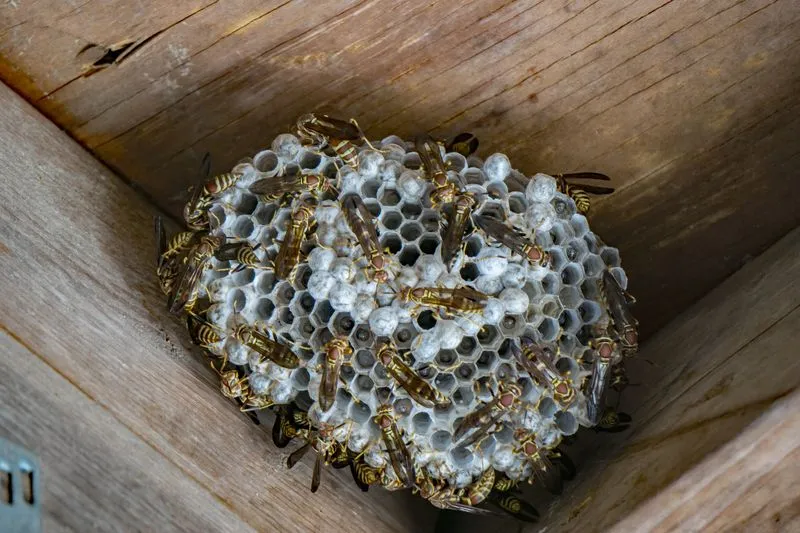In Arizona, where the climate favors a variety of wasp species, managing these stinging insects is a crucial aspect of public and environmental health. The partnership between local authorities and Cape Pest, a leading pest control service, has led to the development of a strategic plan aimed at effective wasp control. This plan is tailored to address the unique challenges posed by wasps in Arizona, balancing safety, ecological considerations, and practicality.
Understanding the Wasp Problem in Arizona
Species Diversity and Behavior
Arizona’s climate supports a diverse wasp population, including species like paper wasps, yellowjackets, and hornets. Each species has unique behaviors and nesting habits, requiring specific strategies for control.
Risks and Challenges
Wasps can pose significant risks to humans, particularly to those with allergies to stings. Additionally, their presence in urban areas can lead to conflicts, necessitating a balanced approach to control that considers both human safety and ecological impact.
Core Strategies of the Wasp Control Plan
Surveillance and Monitoring
Regular surveillance and monitoring of wasp activity are critical components of the plan. This involves identifying hotspots, tracking wasp populations, and understanding seasonal patterns to inform control measures.
Public Education and Awareness
Educating the public about wasp behavior, risks, and prevention is another key strategy. This includes guidelines on minimizing attractants, safe behavior around wasps, and the importance of professional removal for nests.
Implementing Control Measures
Eco-Friendly Pest Control Methods
Cape Pest emphasizes the use of eco-friendly methods for wasp control. These include baits and traps that target wasps without harming other wildlife or the environment.
Professional Nest Removal
For nests posing a risk to public safety, professional removal is conducted by trained technicians. This ensures safe and effective removal, reducing the chances of wasp attacks or recurrence.
Collaboration with Local Authorities and Communities
Working with Local Authorities
Cape Pest works closely with local authorities to align control measures with community needs and regulations. This collaboration ensures that the control strategies are effective and compliant with local guidelines.
Community Participation
Encouraging community participation in reporting wasp activity and adhering to prevention guidelines plays a significant role in the success of the plan. Community involvement helps in early detection and control of potential wasp infestations.
Monitoring and Evaluating the Impact
Regular Assessments
Regular assessments of control measures are conducted to evaluate their effectiveness. This includes analyzing data on wasp activity, community feedback, and environmental impact assessments.
Adaptive Management
The plan incorporates an adaptive management approach, allowing for adjustments based on feedback and changing conditions. This ensures that the wasp control strategies remain effective and relevant over time.
Arizona’s strategic plan for wasp control, developed in partnership with Cape Pest, demonstrates a comprehensive and balanced approach to managing wasp populations. Through a combination of surveillance, eco-friendly control methods, public education, and collaboration with local communities and authorities, the plan aims to mitigate the risks associated with wasps while respecting ecological balance. This proactive and informed approach is pivotal in ensuring the safety and wellbeing of Arizona’s residents and the health of its ecosystems.
Take a proactive step towards ensuring a safe and wasp-free environment in your Arizona community. Contact Cape Pest today for expert advice, effective wasp control solutions, and to be a part of this strategic initiative for a healthier, safer living space.

